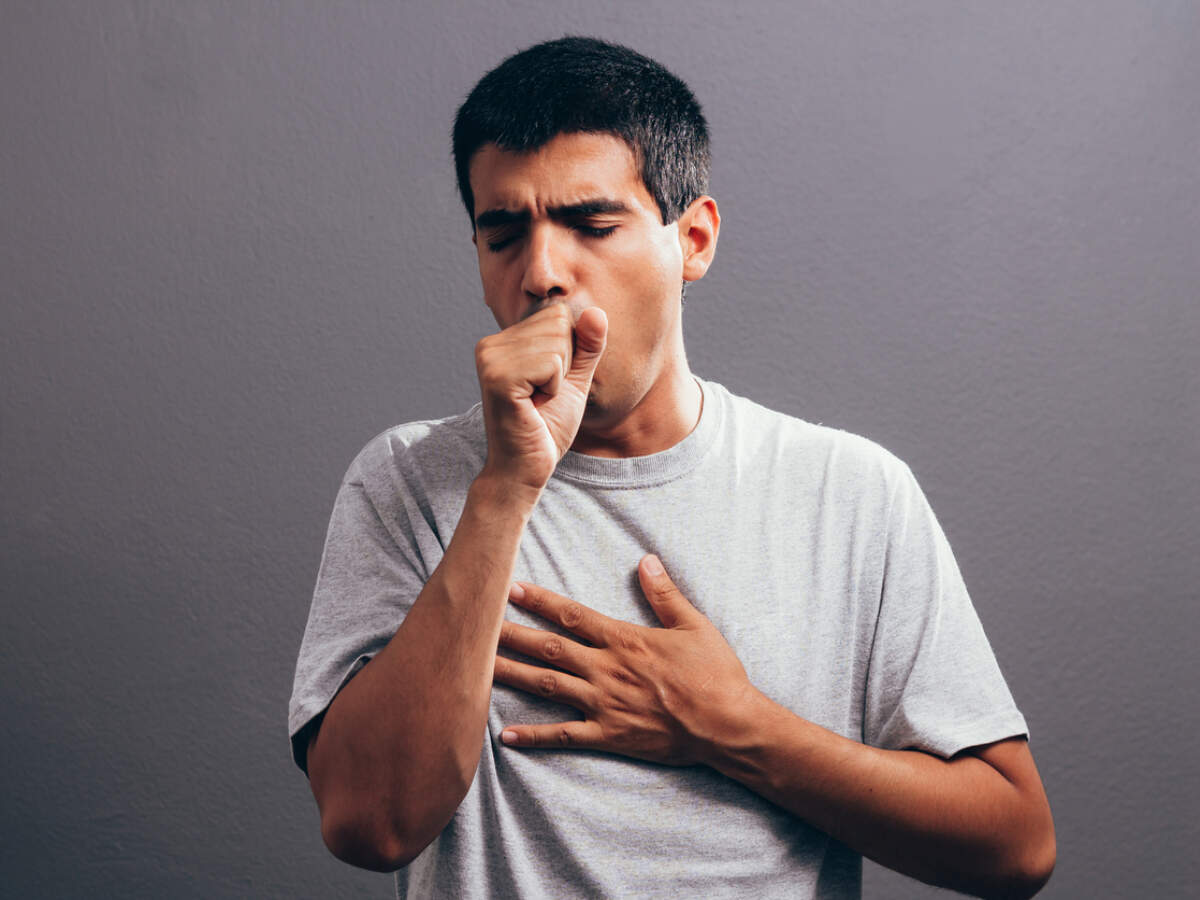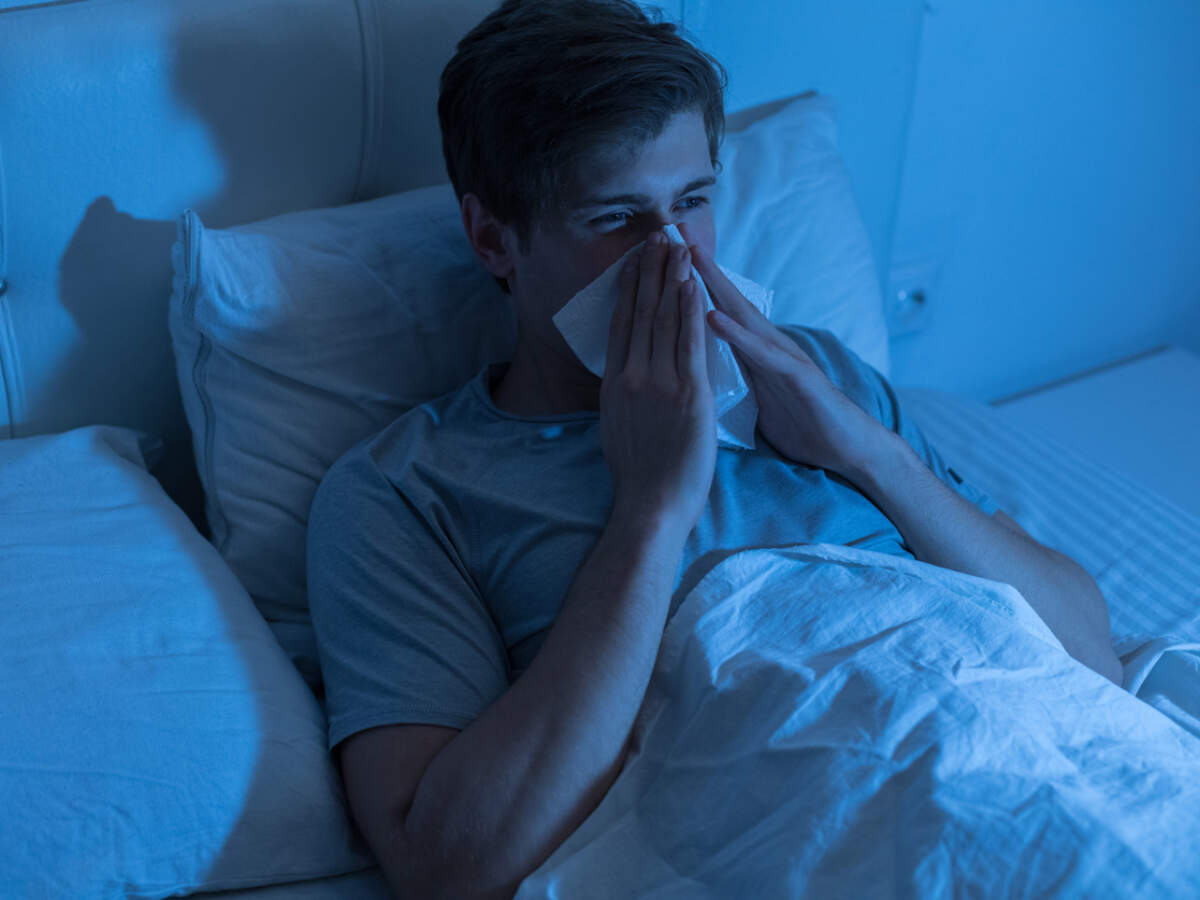Asthma is a chronic medical condition that affects the airways making it difficult to breathe. The air passage narrows and swells, leading to wheezing, shortness of breath, and coughing.
According to the World Health Organisation (WHO), 15–20 million people in India are suffering from asthma and of all, 10%–15% are children.
Asthma can be mild and may require no treatment but some can be life-threatening. It is mostly triggered by external factors like allergens, irritant, viruses, exercise, stress, and others.
Asthma is classified into different types, depending on their symptoms and triggers. Understanding the triggers can help you manage your condition more tactfully.
Allergic asthma

Allergens triggered asthma is the most common of all. It accounts for 60 per cent of all asthma.
Coming in contact with common triggers like pollens, moulds, dust mites, and animal dander can set off your immune reaction, causing inflammation of your airways.
Runny nose, constant sneezing, swollen nasal passages, excess mucus, weepy eyes, and a scratchy throat are some common symptoms of allergic asthma.
Exercise-induced asthma

As the name suggests, exercise-induced asthma is triggered by exercising or involving any kind of physical activity.
Many people develop symptoms of asthma after exercising, while others have the issue only while exercising.
The air passage inflates after a person starts exercising, making it difficult for them to catch their breath. Wheezing and coughing are common symptoms of exercise-induced asthma.
Occupational asthma

Sometimes even the environment may put you at the risk of asthma, especially if you work in such surroundings.
A person suffering from occupational asthma may have difficulty in breathing when they are at work.
Runny nose, eye irritation or wheezing are common symptoms of this type of asthma. Barbers, farmers, hairdressers, painters often suffer from this issue. It is triggered by chemicals or small particles.
Nocturnal asthma

Nocturnal asthma or nighttime asthma can disturb your sleep at night. If your symptoms of asthma-like wheezing, cough, and breathlessness increase particularly at night then you are dealing with nocturnal asthma.
Almost 40 per cent of people experience this type of asthma on a daily basis. This happens because asthma is highly influenced by the sleep-wake cycle.


